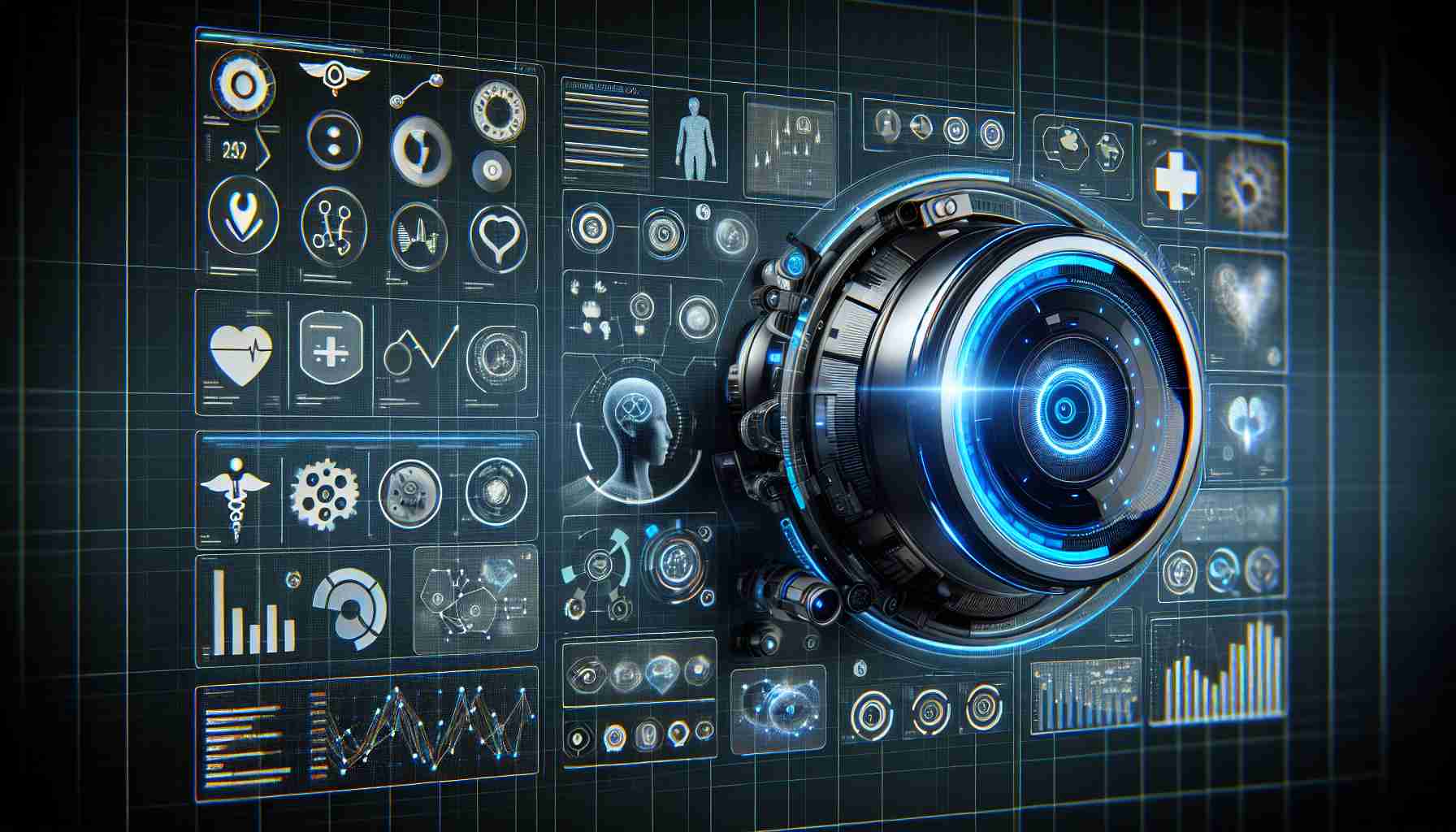Revolutionizing Healthcare with Advanced AI Models
In the field of medical technology, a cutting-edge development comes from Google Research and its AI division, DeepMind. They have introduced a family of sophisticated large language models known as Med-Gemini, created specifically for healthcare applications.
While still in the research phase, the Med-Gemini models—which build upon Google’s own Gemini model—show impressive potential in clinical diagnosis. Compared to general large language models, Med-Gemini has demonstrated outstanding performance. In particular, on the MedQA (USMLE) benchmark, it achieved an impressive accuracy rate of 91.1%, utilizing an uncertainty-based retrieval strategy. This rate surpasses Google’s medical LLM Med-PaLM 2 by 4.5%.
Enhancing Clinical Reasoning with Multimodal Models
Med-Gemini models are large, multimodal, and tailored for specific goals within the healthcare domain. Whereas typical large language models often fall short in clinical reasoning under uncertainty and can produce errors or biases, Med-Gemini offers factually accurate and reliable results for complex clinical reasoning tasks, outpacing competitors, including OpenAI’s GPT-4.
In seven multimodal benchmarks—including image checks from the New England Journal of Medicine—Med-Gemini showcased a remarkable improvement over GPT-4.
Easing the Cognitive Load with Efficient Data Analysis
To verify Med-Gemini’s ability to comprehend and reason with extensive medical data, researchers engaged in a ‘needle in a haystack’ task using the substantial public database MIMIC-III, which contains anonymized patient data from intensive care units. Their findings indicate that Med-Gemini can effectively navigate and analyze critical information from the vast volume of patient data, thereby reducing the cognitive burden on healthcare providers.
The Path Ahead for Med-Gemini
While proving to be highly adept at various medical evaluations, genomic understanding, medical imaging, medical records analysis, and even medical video interpretation, ongoing development and specialization are required before Med-Gemini can be deployed in medical practice. Google asserts that the promise is there, but the AI models need further refinement for real-world healthcare applications.
Important Questions and Answers:
Q: What is Med-Gemini, and how is it different from other AI models in healthcare?
A: Med-Gemini is a sophisticated family of large language models developed by Google Research and DeepMind, specifically tailored for healthcare applications. It differs from other AI models by being multimodal, which means it can understand and analyze different types of medical data, including images and text. Furthermore, it is designed to deliver more accurate and reliable results for complex clinical reasoning tasks compared to general large language models, as evidenced by its high performance on the MedQA benchmark.
Q: Why is the ability to perform multimodal analysis important in medical diagnostics?
A: Multimodal analysis is crucial in medical diagnostics because it allows an AI model to interpret various types of data, such as text, images, and possibly even audio or video, that are common in medical records and diagnostic procedures. This capability ensures more comprehensive understanding and a more accurate diagnosis, treatment options, or patient monitoring, as different data types can provide complementary information about a patient’s health.
Q: What are the potential advantages and disadvantages of integrating Med-Gemini into clinical practice?
A: Advantages of integrating Med-Gemini into clinical practice include:
– Improved accuracy and reliability in clinical diagnosis and decision-making.
– Reduction of cognitive burden on healthcare providers by quickly analyzing vast amounts of medical data.
– Enhanced patient care through more personalized and precise diagnostics.
Disadvantages could be:
– The risk of over-reliance on AI decisions, which might lead to a reduction in critical thinking skills among clinicians.
– Ethical concerns, including patient privacy issues and the potential for AI bias.
– Implementation challenges in integrating AI systems within existing healthcare infrastructures.
Key Challenges or Controversies:
– Ensuring patient data privacy and security is critical, given that AI systems require massive datasets for training and operation.
– The possibility of inherent biases in the training data being transferred to the AI’s decision-making process raises ethical concerns.
– There is a need to establish clear regulations and guidelines for the use of AI in healthcare to prevent misuse and malpractice.
Advantages and Disadvantages:
Advantages:
– High accuracy rate in diagnostic benchmarks.
– Multimodal capabilities allow for analysis across various data types.
– Potential to reduce healthcare providers’ workload and improve patient outcomes.
Disadvantages:
– Still in the research phase, so not yet available for practical clinical application.
– May require significant investments in terms of technology, training, and integration into healthcare systems.
– Possibility of unforeseen drawbacks that only become apparent when deployed in real-world scenarios.
For further information about Google Research and DeepMind, you can visit their main websites:
– Google Research
– DeepMind
Please note that the field of AI in healthcare is rapidly evolving, and it is important to keep updated with the latest advancements and peer-reviewed research articles.

